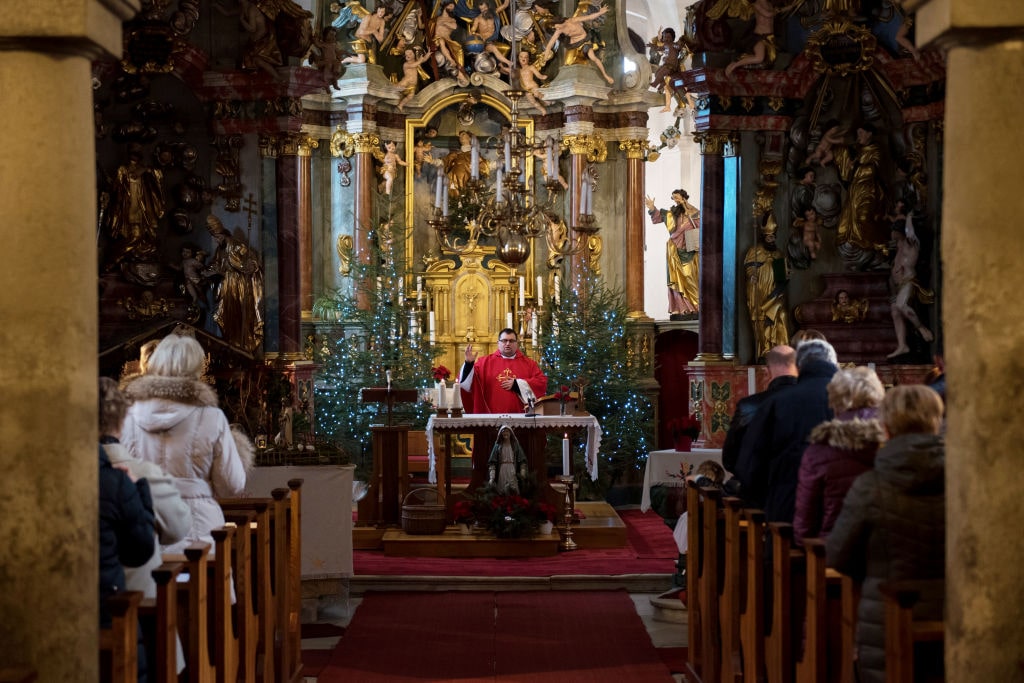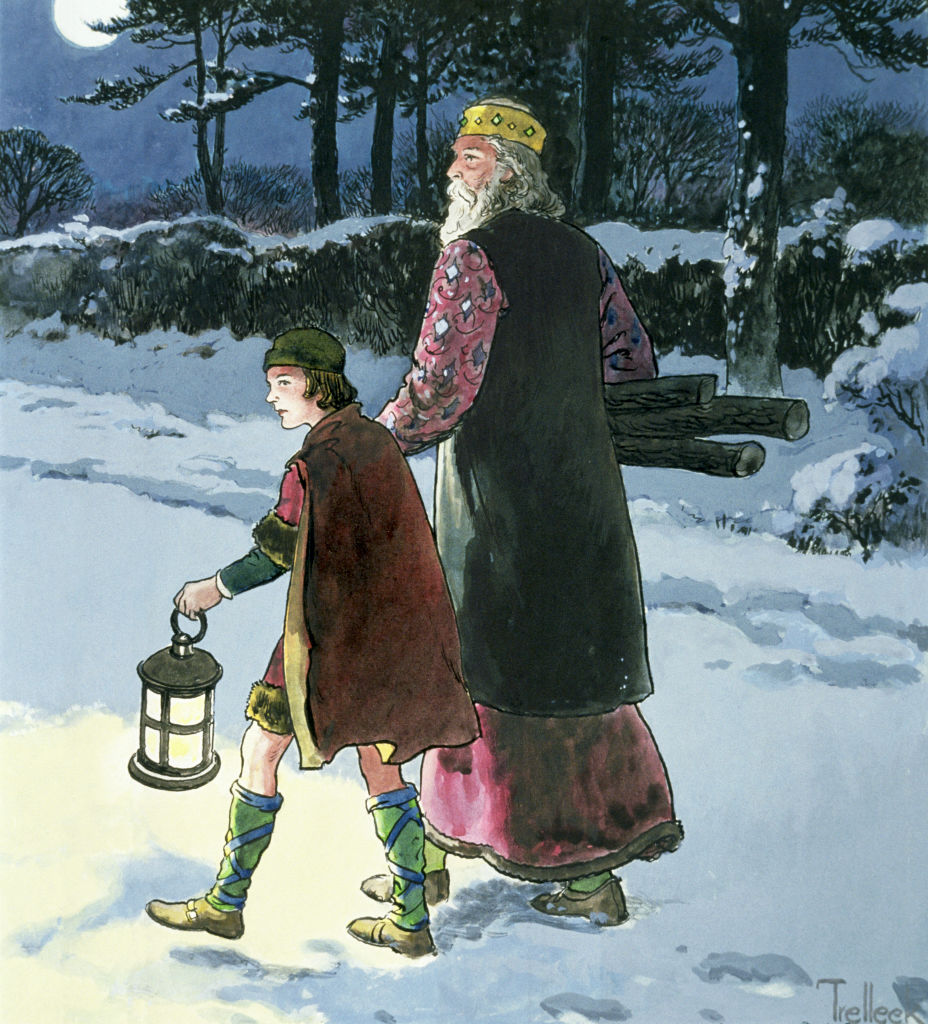Boxing Day or St. Stephen’s Day? The Value of Giving
Is this day of giving still relevant?
By: Mark Angelides | December 26, 2021 | 718 Words

(Photo by Roberto Machado Noa/LightRocket via Getty Images)
In some parts of the world, December 26 is known as Boxing Day. It might seem like a strange name for the day after Christmas, but it is still part of the calendar in Great Britain and many countries that were once part of the British Empire.
Probably the first widely known mention in print of Boxing Day dates back to the 1830s. During those days, lords and ladies spent the day handing out boxes of food and gifts to servants, which is where the name “Boxing Day” comes from. Some also handed out leftover food to the working class and poor.

A holy mass on St. Stephens Day, Slovenia. (Photo by Milos Vujinovic/SOPA Images/LightRocket via Getty Images)
The origin of Boxing Day may go back to the Middle Ages when churches put out an “Alms Box” for the poor. The act of giving to the less fortunate on the day after Christmas is recorded in the Middle Ages (between the fifth and 15th centuries).
The Feast of Stephen
The roots of Boxing Day may go further back into the Christian faith. Saint Stephen was a deacon in a Jerusalem church. It’s thought he was a Greek Jew who converted to Christianity. He distributed food to the poor, especially Greek widows. But he was accused of preaching blasphemy against Moses and God, and he was sentenced to death.
Eventually, Stephen was declared a saint. Today, he’s remembered as a great example of how people should give generously. December 26 is also known as St. Stephen’s Day or the Feast of Saint Stephen.
It seems likely that Boxing Day has its earliest roots in the life of the saint.
In History and Song
The 1853 Christmas carol “Good King Wenceslas” is quite the story. It begins as a king looks outside on St. Stephen’s Day:
Scene from the Christmas carol Good King Wenceslas. From ‘Peeps into the Past’, published c.1900 (Photo by Historica Graphica Collection/Heritage Images/Getty Images)
Good King Wenceslas looked out,
on the Feast of Stephen,
When the snow lay round about,
deep and crisp and even;
Brightly shone the moon that night,
tho’ the frost was cruel,
When a poor man came in sight,
gath’ring winter fuel.
The carol describes the king seeing a poor man in need of fuel and tells of his generosity in trekking through the snow to give the man food and supplies.
King Wenceslas (Saint Wenceslaus) refers to the Duke of Bohemia, who was assassinated in 935. He was called a rex justus (righteous king) after his death. A Czech chronicler wrote of him:
“… rising every night from his noble bed, with bare feet and only one chamberlain, he went around to God’s churches and gave alms generously to widows, orphans, those in prison and afflicted by every difficulty, so much so that he was considered, not a prince, but the father of all the wretched.”
King Wenceslas was considered a saint immediately after his death, and the legend of his virtue was the inspiration for the Christmas carol.

‘Christmas Gambolls, Boxing Day’, 1747. (Photo by The Print Collector/Print Collector/Getty Images)
Keeping With Tradition
Christians in nations across Europe still celebrate St. Stephen’s Day, while Boxing Day became a British event. Many countries that are or were once part of the British Empire still observe Boxing Day in a variety of ways. Hong Kong, for instance, still declares Boxing Day a national holiday, as does Australia and New Zealand. In Canada Le Lendemain de Noel, as they call it in French, is a federal holiday. In Bermuda, traditional Gombey dancers put on a special show.
In 1996, Massachusetts Governor William Weld officially proclaimed December 26 “Boxing Day in Massachusetts.” Weld was quick to point out that the New England holiday was meant to “transport the English tradition to the United States.”
Today, this charitable day has become something more like Black Friday, with shops offering discounts to customers. Boxing Day has largely become a day to go shopping. Gifts are always appreciated, but it is in the act of giving and the care of others that we can celebrate the true meaning of Boxing Day – or St. Stephen’s Day.

















